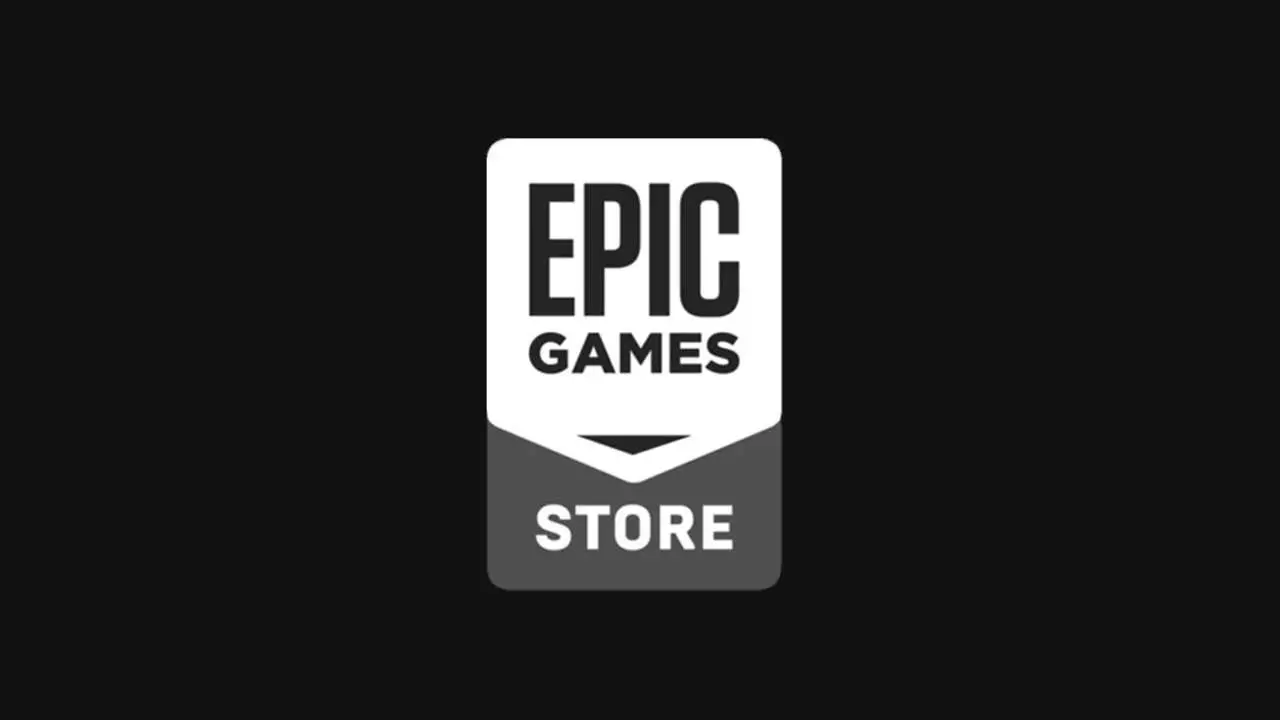The mobile gaming industry is facing scrutiny as The European Consumer Organization (BEUC) levels serious allegations against several key players, including Epic Games, Electronic Arts, Roblox, Microsoft, Activision Blizzard, Mojang Studios, Supercell, and Ubisoft. According to BEUC’s complaint filed with the European Commission, these companies are accused of employing deceptive marketing tactics, which allegedly manipulate consumers—particularly children—into making in-app purchases. The 36-page report published by BEUC outlines various “harmful commercial practices” that contribute to this manipulation, including the controversial use of loot boxes, deceptive designs, and premium currencies within games.
The BEUC Director General, Agustin Reyna, voiced concern over the implications of these practices, arguing that they exploit the vulnerabilities of younger players. The organization stresses that even in a digital realm, companies should adhere to ethical standards comparable to those in the physical world. Reyna’s statement reflects a broader call for regulatory intervention to protect consumers and address the ethics of marketing strategies within the gaming industry.
In sharp contrast, the Video Games Europe coalition, representing various gaming companies in the EU, countered BEUC’s complaint by defending the standard practices associated with in-app purchases. They maintain that mobile games can be enjoyed without incurring any costs, and that purchasing in-game currencies is a well-understood aspect of the gaming experience. Their assertion suggests a belief that consumers are making informed decisions rather than being deceived, positioning these purchases as an established norm within the industry.
This ongoing debate raises critical questions about the accountability of game developers. While Video Games Europe claims compliance with European consumer laws and support for transparent purchasing principles, the contrasting narrative from BEUC underscores the foundation of trust that consumers place in these companies. The effectiveness of self-regulation in the gaming industry is now a pivotal point of contention.
As video games continue to grow in popularity—largely among younger demographics—the call for stronger regulations becomes increasingly pertinent. The concern shared by BEUC highlights a growing awareness of how marketing strategies may exploit the behavioral tendencies of children. This discourse invites essential discussions around ethical practices in advertising and marketing within the spectrum of interactive entertainment.
With regulators tasked to step in, the potential introduction of stricter guidelines could reshape the landscape of mobile gaming. Enhancing transparency surrounding in-game purchases and implementing consumer protections could lead to more responsible marketing practices that prioritize the welfare of gamers, particularly vulnerable young audiences.
This clash between consumer rights advocates and industry representatives presents a pressing challenge for the gaming community. As technology and gaming evolve, so too must our understanding and regulation of consumer protections to ensure a fair playing field for all stakeholders. Balancing the interests of consumers and companies will be crucial as this debate unfolds, shaping the future of mobile gaming practices in a rapidly changing digital landscape.


Leave a Reply